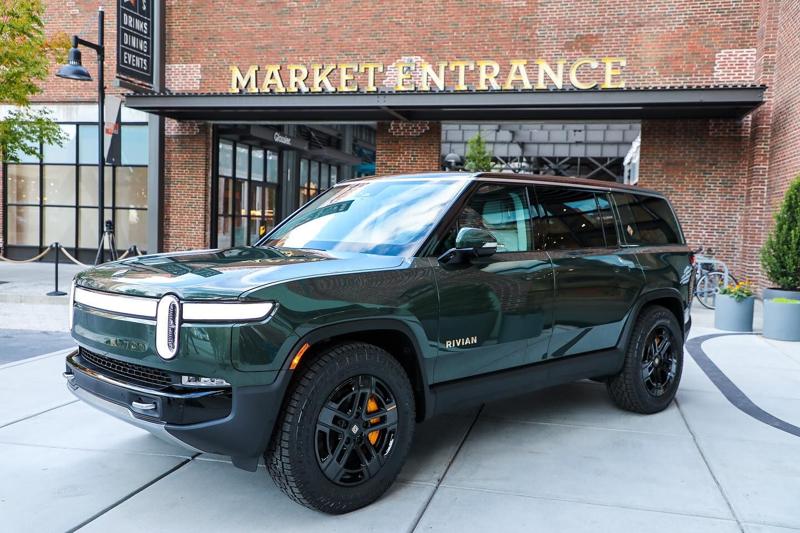(The Center Square) – California signed a new agreement with Big Three automobile manufacturer Stellantis to advance the state’s zero-emission goals even if the EPA or a future president takes away the state’s unique environmental regulatory authority.
“Stellantis will comply with California’s zero-emissions light-duty vehicle sales requirements through 2030 even if CARB is unable to enforce its standards as a result of judicial or federal action,” wrote California Governor Gavin Newsom’s office in a statement on the agreement. “Stellantis has also committed to support California’s authority under the Clean Air Act for its greenhouse gas emissions and zero-emission vehicle standards.”
Under the agreement, Stellantis will reduce emissions by 10 to 12 million metric tons of greenhouse gas emissions, equivalent to the emissions produced by 2.3 million vehicles driving a whole year.
This agreement, which mirrors earlier agreements signed with major medium and heavy duty vehicle manufacturers earlier this year, along with a 2020 agreement with some light duty and passenger vehicle manufacturers in the wake of the Trump EPA’s 2019 revocation of the state’s waiver to regulate greenhouse emissions.
Due to significant transportation-driven smog, especially in the Los Angeles area, California was allowed to seek EPA waivers due to the state’s uniquely terrible air quality. In 2008, California sought to expand its air quality controls from just pollution to include greenhouse gas emissions. This waiver expansion was denied by the Bush II administration and later approved by the Obama administration. This waiver was in place until the 2019 EPA revocation, a move that was held up in courts until put back into place by the Biden EPA in 2021.
There are two situations where California could lose its EPA waiver. First, a future presidential administration’s EPA could choose to simply revoke California’s greenhouse gas regulation waiver yet again. Second, a 17-state coalition suing the EPA claiming California’s exceptional status violates the doctrine of equal sovereignty among states and effectively allows the state to dictate national environmental policy could be victorious in the courts. Under either situation, vehicle manufacturers would not have to adhere to California standards, unless they already have agreements with the state.
Automakers who signed on to support California air standards with a new agreement outside of the EPA waiver during the Trump era included Ford, Honda, BMW of North America and Volkswagen Group of America.
Stellantis will reduce emissions in part by investing $4 million in California’s EV charging network, $6 million in EV charging in states that have adopted California air standards, and other efforts to “support EV adoption” such as “discounts on new cars for car-share programs in disadvantaged communities, financial support of brand-neutral ZEV public awareness campaigns, ride-n-drive events, dealership actions to ensure availability of ZEVs.”
This move comes as EV sales plummeted 10% in the last quarter of 2023 compared to the previous quarter, and another 3% in the quarter before that after steadily rising for the decade before. With California electricity costs rising so quickly that it will soon be cheaper to fill up a gas tank than charge a car, EV purchases could fall even further in California despite state efforts to increase EV adoption, such as devoting another $1.9 billion to the state’s charging network.







